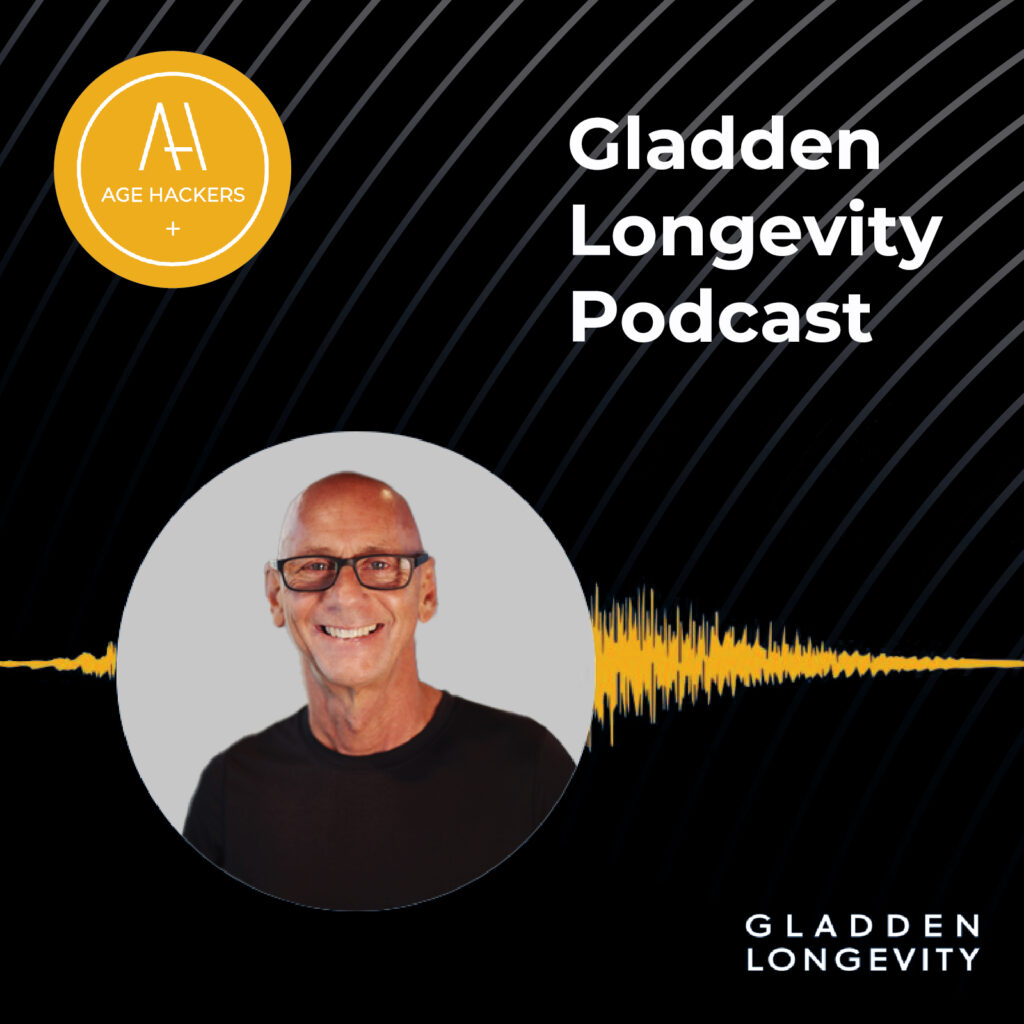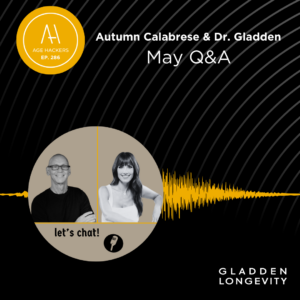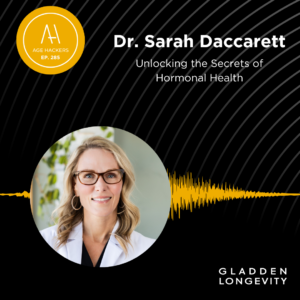Today we talk with Dr. William Hsu and his insights into the 5 day fast mimicking diet. He discusses the 3 types of fasting, the significance of our circadian cycles, and the importance of fasting in order to activate significant longevity mechanisms which help promote our overall well being. Hosts:
Dr. Mark Young // Dr. Jeffrey Gladden Guest: Dr. William Hsu
Listen to this episode to learn about making a hundred the new thirty, living beyond 120, and Living Young for a Lifetime!
Show Notes:
(0:55) Introduction
(1:51) It’s not because of what we know but about what we’re asking and how we go about learning. (2:02) Dr. Gladden highlights The common underlying question seems to be, “Can I get back to where I was, health wise?”
(4:00) Understanding the game that we’re in.
(8:25) In the practice of addressing all of these elements people are getting and feeling better overall more so than they have in the past.
(9:10) Introducing Dr. William Hsu, Endocrinologist and graduate from Harvard
(10:00) Dr. Hsu begins discussing “The Fasting Mimicking Diet”
(12:40) Fasting has in large part been overlooked in the medical field.
(15:30) Taking a look at Fat, the body’s mechanism between feedings.
(15:52) Fat is the largest organ in 70% of the American population. (17:05) What is normal? When do we eat (Has an impact on our health) and what do we eat
(nutrient composition)? Circadian rhythm. (18:20) The body has an internal mechanism that tells us when to eat and when not to eat.
(18:35) Illumination has changed our behaviour.
(19:55) Obesity creates resistance to lupton secretary hormone that signals the body when to stop eating. (21:30) The science of Fasting began perhaps 20 or 25 years ago.
(22:22) What are the molecular mechanisms that connect nutrition, fasting, and longevity? (22:50) Pulling back from nutrients actually triggers longevity genes and helps promote longer living. (23:15) Fasting actually creates an anti-fragile state.
(24:00) Repeated cycle of Fasting and then eating.
(24:45) Repeated cycles of fasting and feeding.
(25:00) Autophagy — Self consumption.
(28:06) What is the optimal hormetic stress?
(28:41) Intermittent fasting.
(31:21) Fasting for longer than 2 days is referred to as periodic fasting.
(32:50) Autophagy does not begin until you have entered into the periodic fasting phase. (33:24) In the 5 day mimicking fast, Dr. Hsu, how did you select the types of foods involved in this fast?
(33:55) Dr. Hsu, defines the 3 types of fasting, behavioral, ketogenic and molecular.
(34:44) The Fasting Mimicking Diet or fast addresses the molecular or cellular fast.
(35:10) Each cell has a receptor or ears and eyes that are referred to as “nutrient sensors.” (36:43) Being on and off the gas in order to activate longevity mechanisms.
(37:28) Human physiology is all about cycling.
(39:07) After that period of fasting, what should you do to regain those nutrients? (40:45) A low calorie diet will cause an individual to lose muscle mass. Fasting changes body, emotion, and behavior.
(42:12) x1 a month for the first 3 months and then quarterly afterward
(43:22) Would you want to fast when utilizing hormones?
(44:40) The importance of cycling with growth hormone and recuperation. (47:45) A lot of people feel better when they are fasting. Mental clarity, more energy and more active. That being said, it will not be the time you get the most gains. (49:17) Fasting changes the hormone bdnf which helps promote mental clarity.
(57:45) The game is to modulate hormetic stress (1:00:44) Dr. Hsu, what are the 3 most important takeaways for fasting? Life goals trump health goals, bring someone along on this journey, and start.







